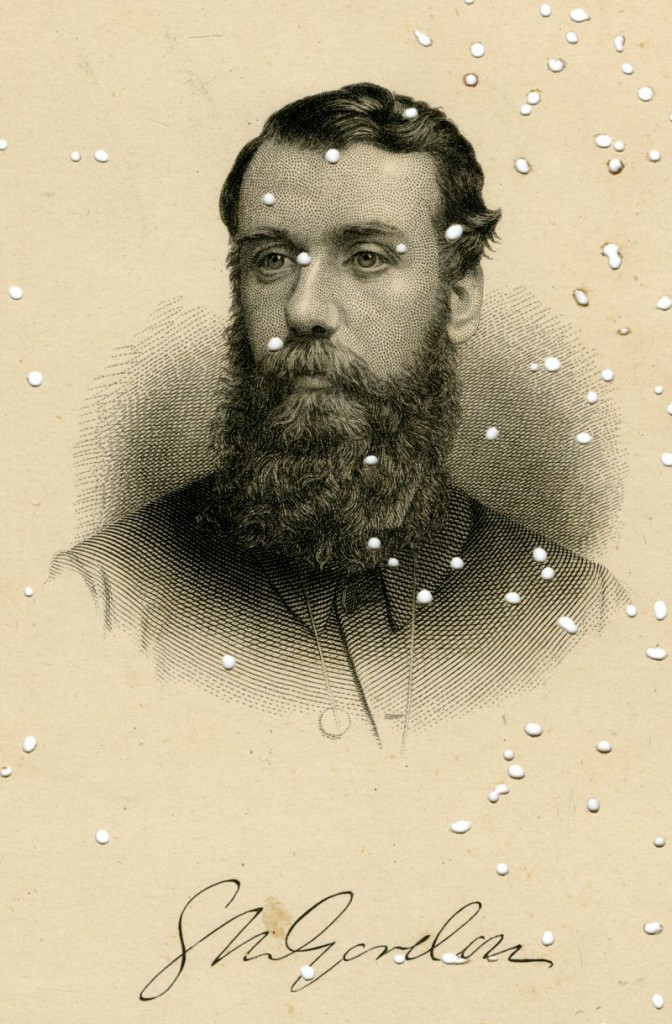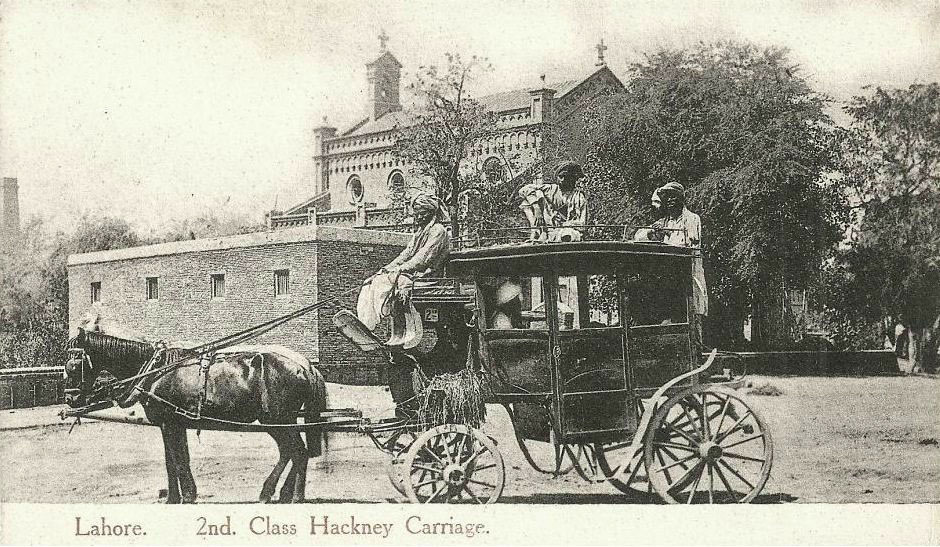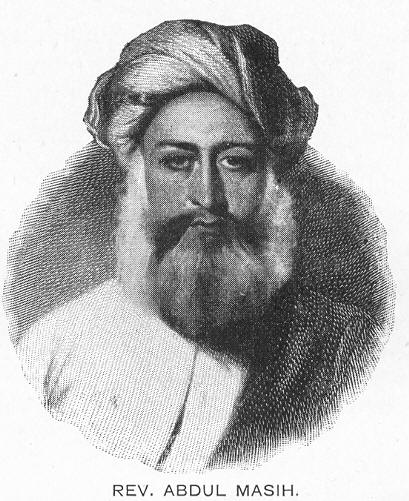CHRISTIANITY COMES TO LAHORE
MISSIONARY ZEALS TURN ZERO
The story of George Maxwell Gordon

Sir John Login was entrusted with the conversion of so called Maharajah Dallip Singh, a lost small boy, trying to recover his identity. Obviously a relation was crafted with the Queen of England, and the young Sikh boy embraced Christianity in Lahore. We have already talked about this in a previous blog. Now the missionary zeal was to convert all Lahore to Christianity. The Reverend T.V. French came here with a mission as other priests were there. The most famous is the missionary zeal of George Maxwell Gordon (1839-1880). Nothing wrong with that, but the saying stands, ‘You can take a horse to a trough of water, but you cannot force him to drink’.
Missionary Gordon’s own letters tell us a lot of things. For instance:
“Just think of a journey of 350 miles, from one end of England to the other, and only two Christians”.

He expressed difficulty in coping with ‘a race so naturally suspicious and alien, as the Hindus and the Mussulmans’, and was not content with sitting in the Church. He proposed bazaar propagation, so they hired a place as a chapel in Lahore, put chairs in front of it and invited people to listen to their sermons The experience, again, is told by him:
“One of the most curious features of the bazar preaching in Lahore is, that it has aroused opposition preaching on the part of the Hindus, Brahmans and the Mussulmans alike. It was commenced by the latter, and for weeks Mr French was annoyed by a Wahabi who took his stand at a particular place in the bazar, close to the little chapel, which we have built conjointly with the Americans. In front of this little chapel it is the custom of the missionaries to arrange benches for those who like to listen, and generally there has been a good attendance. Of course the preaching is not confined to this place, but as it was one much frequented, the Wahabi chose it as his point of attack, and often succeeded in drawing away all Mr French’s audience. By and by, a Hindu, ambitious of having his own voice heard, started a preaching on the opposite side, and attracted a large congregation. Then a Brahman followed , and the missionary of the Gospel was between these fires. Now (strangest of all) the Mussulman, Hindu and Brahman have made a joint-stock company, and they all preach from the same platform to the same audience.”

The real fact is that these missionaries were dedicated and believed in their mission, but the conversion of the local families became impossible for them, and in the end, all they could convert was the poorest rung of the ladder, and that all with promises of rewards of materialistic kind, as well as opportunities to develop.
An interesting story is there about the first Church built in Lahore in Akbar’s time. There is even a separate book on same. A report of Agra is there of a dozen people embracing Christianity. And then we hear the complaint of the Chaplain, that by the summer vacations, all had left, and there was not a single person left as a result of conversion. The same story seems to be repeated in Lahore. Muhammed Salih seems to be the exception. Chaplain Abdul Masih made history as a chaplain.
Everyone has a right to propagate their views and the missionaries were welcome to them. God bless them for their dedication! But how many Lahorites they converted, we do not know, but we can surely guess! The result is the composition of Lahore today in itself.

Gordon speaks of an identity crisis here. He says when we change their names to Christian names, and make them wear our kind of clothes, and act like us, they immediately lose respect in their society, and are totally shunned by them. He suggested heading towards a device where the identity ,say not be disturbed but the conversion made possible. Obviously even that did not work.